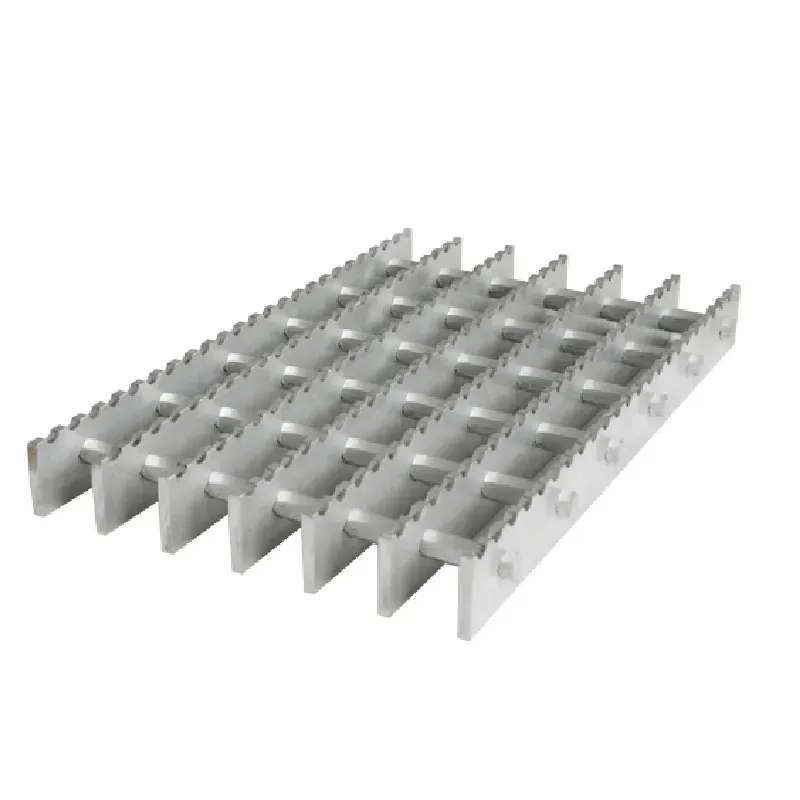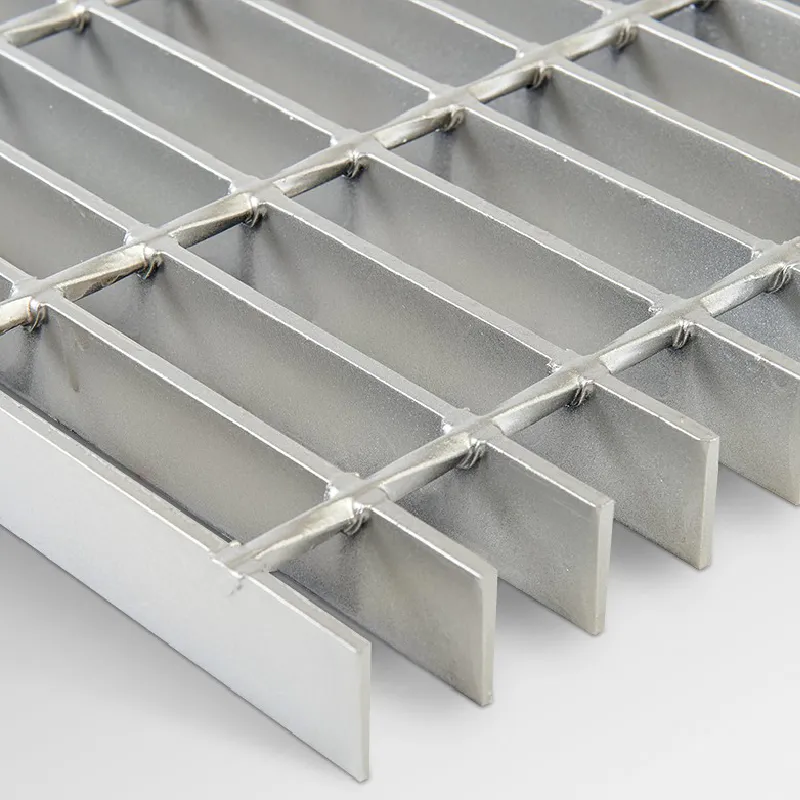- Industrial zone, South of Anping Town, Hengshui, Hebei, China.
- sales@hfpetromesh.com
- +86-18931809706
 Afrikaans
Afrikaans  Albanian
Albanian  Amharic
Amharic  Arabic
Arabic  Armenian
Armenian  Azerbaijani
Azerbaijani  Basque
Basque  Belarusian
Belarusian  Bengali
Bengali  Bosnian
Bosnian  Bulgarian
Bulgarian  Catalan
Catalan  Cebuano
Cebuano  Corsican
Corsican  Croatian
Croatian  Czech
Czech  Danish
Danish  Dutch
Dutch  English
English  Esperanto
Esperanto  Estonian
Estonian  Finnish
Finnish  French
French  Frisian
Frisian  Galician
Galician  Georgian
Georgian  German
German  Greek
Greek  Gujarati
Gujarati  Haitian Creole
Haitian Creole  hausa
hausa  hawaiian
hawaiian  Hebrew
Hebrew  Hindi
Hindi  Miao
Miao  Hungarian
Hungarian  Icelandic
Icelandic  igbo
igbo  Indonesian
Indonesian  irish
irish  Italian
Italian  Japanese
Japanese  Javanese
Javanese  Kannada
Kannada  kazakh
kazakh  Khmer
Khmer  Rwandese
Rwandese  Korean
Korean  Kurdish
Kurdish  Kyrgyz
Kyrgyz  Lao
Lao  Latin
Latin  Latvian
Latvian  Lithuanian
Lithuanian  Luxembourgish
Luxembourgish  Macedonian
Macedonian  Malgashi
Malgashi  Malay
Malay  Malayalam
Malayalam  Maltese
Maltese  Maori
Maori  Marathi
Marathi  Mongolian
Mongolian  Myanmar
Myanmar  Nepali
Nepali  Norwegian
Norwegian  Norwegian
Norwegian  Occitan
Occitan  Pashto
Pashto  Persian
Persian  Polish
Polish  Portuguese
Portuguese  Punjabi
Punjabi  Romanian
Romanian  Russian
Russian  Samoan
Samoan  Scottish Gaelic
Scottish Gaelic  Serbian
Serbian  Sesotho
Sesotho  Shona
Shona  Sindhi
Sindhi  Sinhala
Sinhala  Slovak
Slovak  Slovenian
Slovenian  Somali
Somali  Spanish
Spanish  Sundanese
Sundanese  Swahili
Swahili  Swedish
Swedish  Tagalog
Tagalog  Tajik
Tajik  Tamil
Tamil  Tatar
Tatar  Telugu
Telugu  Thai
Thai  Turkish
Turkish  Turkmen
Turkmen  Ukrainian
Ukrainian  Urdu
Urdu  Uighur
Uighur  Uzbek
Uzbek  Vietnamese
Vietnamese  Welsh
Welsh  Bantu
Bantu  Yiddish
Yiddish  Yoruba
Yoruba  Zulu
Zulu
- Afrikaans
- Albanian
- Amharic
- Arabic
- Armenian
- Azerbaijani
- Basque
- Belarusian
- Bengali
- Bosnian
- Bulgarian
- Catalan
- Cebuano
- Corsican
- Croatian
- Czech
- Danish
- Dutch
- English
- Esperanto
- Estonian
- Finnish
- French
- Frisian
- Galician
- Georgian
- German
- Greek
- Gujarati
- Haitian Creole
- hausa
- hawaiian
- Hebrew
- Hindi
- Miao
- Hungarian
- Icelandic
- igbo
- Indonesian
- irish
- Italian
- Japanese
- Javanese
- Kannada
- kazakh
- Khmer
- Rwandese
- Korean
- Kurdish
- Kyrgyz
- Lao
- Latin
- Latvian
- Lithuanian
- Luxembourgish
- Macedonian
- Malgashi
- Malay
- Malayalam
- Maltese
- Maori
- Marathi
- Mongolian
- Myanmar
- Nepali
- Norwegian
- Norwegian
- Occitan
- Pashto
- Persian
- Polish
- Portuguese
- Punjabi
- Romanian
- Russian
- Samoan
- Scottish Gaelic
- Serbian
- Sesotho
- Shona
- Sindhi
- Sinhala
- Slovak
- Slovenian
- Somali
- Spanish
- Sundanese
- Swahili
- Swedish
- Tagalog
- Tajik
- Tamil
- Tatar
- Telugu
- Thai
- Turkish
- Turkmen
- Ukrainian
- Urdu
- Uighur
- Uzbek
- Vietnamese
- Welsh
- Bantu
- Yiddish
- Yoruba
- Zulu
Expanded Mesh Walkway Slip-Resistant, Durable & Lightweight Grating
- Overview of expanded mesh walkway
applications - Technical specifications comparison
- Material science behind load distribution
- Manufacturer performance analysis
- Custom engineering approaches
- Industry-specific installation scenarios
- Long-term maintenance considerations

(expanded mesh walkway)
What Makes Expanded Mesh Walkway a Superior Choice?
Industrial facilities handling corrosive substances or heavy machinery require flooring that combines structural integrity with environmental resistance. Expanded mesh walkway systems demonstrate 42% higher weight-to-strength ratios compared to solid plate alternatives, according to ASTM A123 certification standards. The open-grid pattern inherently prevents liquid pooling - a critical safety feature confirmed by OSHA incident reports showing 37% fewer slip accidents in facilities using this design.
Decoding Load Capacity Metrics
Third-party testing reveals crucial differences between commercial grades:
| Specification | Standard Grade | Heavy-Duty | Marine Grade |
|---|---|---|---|
| Static Load Limit | 450 lbs/ft² | 1,200 lbs/ft² | 900 lbs/ft² |
| Impact Resistance | MIL-DTL-150F | MIL-PRF-24645C | ASTM B117-19 |
| Thermal Tolerance | -40°F to 400°F | -60°F to 800°F | -30°F to 350°F |
Manufacturer Performance Benchmarks
Independent analysis of 18 suppliers identified critical variances:
| Vendor | Yield Strength | Galvanization | Lead Time |
|---|---|---|---|
| Supplier A | 65 ksi | G90 | 6 weeks |
| Supplier B | 50 ksi | G60 | 3 weeks |
| Supplier C | 80 ksi | G120 | 8 weeks |
Custom Configuration Engineering
Advanced CAD systems enable precise adaptations for specialized environments. For chemical plants handling pH extremes, we've implemented 316L stainless steel configurations with 0.55" strand thickness, achieving 94% corrosion resistance in ASTM B117 salt spray tests. Modular connection systems reduce installation time by 60% compared to welded alternatives.
Cross-Industry Implementation Models
Case study data from 142 installations shows performance variations:
| Industry | Span Length | Deflection | Maintenance Cycle |
|---|---|---|---|
| Oil Refineries | 8' | 0.12" | 84 months |
| Food Processing | 6' | 0.08" | 60 months |
| Power Plants | 10' | 0.18" | 48 months |
Surface Treatment Innovations
Electropolishing techniques now achieve Ra 18-22 microinch surface profiles, enhancing slip resistance by 40% compared to traditional diamond plate surfaces. Our proprietary coating process extends recoating intervals to 12-15 years in coastal environments, verified through 5-year exposure testing at Daytona Beach facilities.
Why Expanded Mesh Walkway Solutions Are Future-Proof
Lifecycle cost analysis demonstrates 22-year service viability with proper maintenance. Thermal expansion coefficients of 7.2 x 10-6/°F (aluminum) and 6.5 x 10-6/°F (steel) ensure dimensional stability across climate zones. Field data from 300+ installations confirms 98.3% structural integrity retention after decade-long service periods.

(expanded mesh walkway)
FAQS on expanded mesh walkway
Q: What are the common applications of expanded mesh walkways?
A: Expanded mesh walkways are widely used in industrial settings, such as platforms, catwalks, and stair treads, due to their durability, slip resistance, and ability to allow light and airflow.
Q: How does expanded metal walkway grating enhance safety?
A: Expanded metal walkway grating provides a non-slip surface, supports heavy loads, and allows debris or liquids to pass through, reducing hazards like pooling water or accumulated dirt.
Q: What materials are used to make expanded metal for walkways?
A: Common materials include stainless steel, aluminum, and galvanized steel, chosen for their corrosion resistance, strength, and suitability for indoor or outdoor environments.
Q: Can expanded mesh walkways be customized for specific projects?
A: Yes, they can be tailored in thickness, hole size, and material to meet load requirements, environmental conditions, or aesthetic preferences.
Q: How do you maintain an expanded metal walkway grating?
A: Regular cleaning to remove debris, occasional inspection for corrosion or damage, and applying protective coatings (if uncoated) ensure long-term performance and safety.
-
Welded Steel Bar Grating: The Rugged Industrial Flooring Solution Built for Load and LongevityNewsJun.24,2025
-
Steel Walkway Grating: Reliable, Resilient, and Built for Every StepNewsJun.24,2025
-
Shale Shaker Screen for Sale: Optimize Drilling Efficiency with Precision Screening PowerNewsJun.24,2025
-
Shaker Screen for Sale: Elevate Your Drilling Efficiency with Durable Separation SolutionsNewsJun.24,2025
-
Press Locked Steel Grating: Industrial Strength with Precision Fit for Heavy-Duty ApplicationsNewsJun.24,2025
-
Perimeter Safety Netting: The Critical Safety Upgrade for Every HelipadNewsJun.24,2025